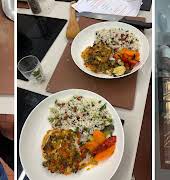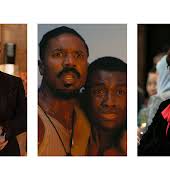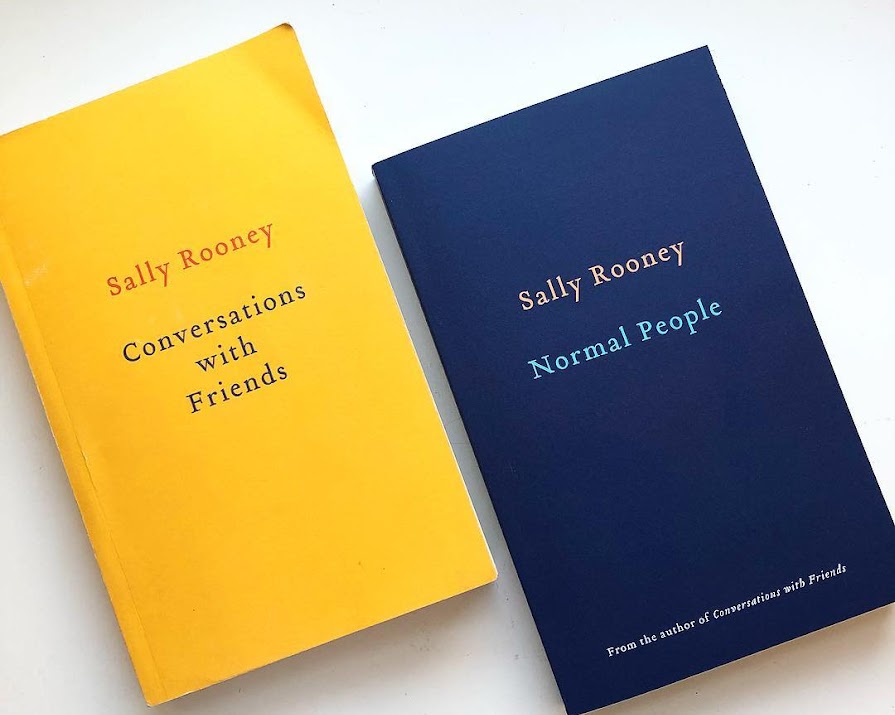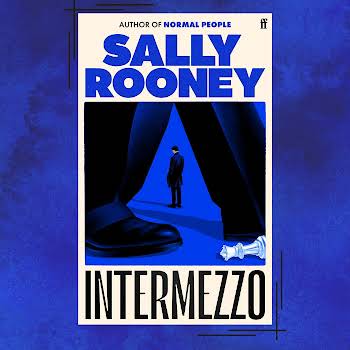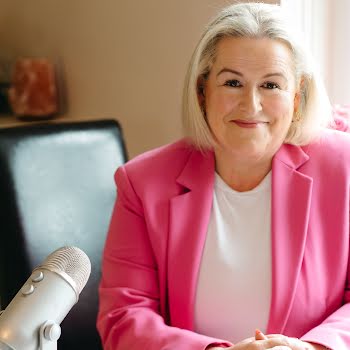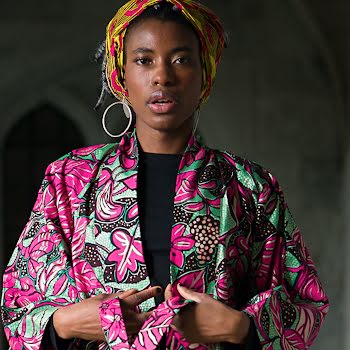In defence of Sally Rooney: why she’s quite a good literary hero, actually
By Sarah Finnan
26th Aug 2021
26th Aug 2021
While we concern ourselves with how to get our hands on *that* Sally Rooney bucket hat, others are more concerned with tearing her success down.
Recently I read an opinion piece on Sally Rooney. The article in question – published in The Sydney Herald – was titled “Surely there are better literary heroes for our generation than Sally Rooney?” Safe to say, the journalist (Jessie Tu) was not a Normal People fan.
While everyone is of course entitled to have their own opinions, I do feel the need to rebuke some of the claims made throughout the piece. One of the most prominent Irish writers of recent times, anything Rooney-related is in hot demand with publishers and production companies alike. Successful women are always sure to raise some hackles though, and public reaction to Rooney (and her work) is vastly different to that of her male counterparts.
Correlation does not imply causation
Firstly, the notion that people only like Sally Rooney books because it’s considered in vogue not only diminishes her talent as a writer, but our credibility as learned readers too. According to Tu, you can’t criticise Rooney “lest you be accused of blasphemy”. “You’re supposed to like her books. It’s tasteful – a cultural signifier,” as she puts it, later adding that it’s “trendy to like her books, much in the way it was trendy to be seen carrying David Foster Wallace’s Infinite Jest circa 1995 or blasting Sophie Ellis-Bextor from your Discman because it was ‘edgy’.”
Here’s the thing though, most of what people say, do, and like is in line with what’s popular. From the clothes we wear to the foods we eat to the type of music we listen to; it’s all influenced by the “cool kids”. Books have always followed the same pattern too. Take Reese Witherspoon’s Hello Sunshine book club as an example. One endorsement from the former Legally Blonde star and before you know it, whatever novel she’s raving on about is top of The New York Times bestseller list. But while popularity and success are definitely linked, correlation does not imply causation.
Jayziz. Why are people always trying to have a go at Sally Rooney's success, all she did is write a few books, not declare herself a genius like some of our previous literary big wigs. The reception of the novels is not something she can be blamed for.
— Sarah Clancy (@sarahmaintains) August 23, 2021
Sure, people rushed out to buy Normal People upon learning it would be made into a 12-part series but liking the book was a personal choice. Implying otherwise suggests that those who did are nothing more than sheep, unable to form their own judgements without regurgitating those of others. Plus, why would so many of us feign interest if we actually couldn’t be bothered? Telling your dad you liked the lasagne he made to spare his feelings is understandable, but lying about your literary preferences doesn’t really make any sense. At all.
Privileged white people doing privileged white things
One thing that often gets brought up in relation to modern works (including books, movies, and TV programmes) is the issue of representation. Friends faced considerable backlash this year as a new generation of viewers began to watch the series and dissect its shortcomings. There was a very notable lack of diversity in the casting and any non-white characters were given subsidiary roles, rarely featuring in more than just a handful of episodes.
However, hindsight is always 20/20 as they say and while it’s easy to look back and see that the show should have done better, it was actually considered to be quite progressive for its time. Since addressing some of the more recent negative comments, Marta Kauffman, one of the co-creators of the show, did take partial responsibility for its downfalls though, admitting that, “It was, to a certain extent, a product of the time period and of [her] own ignorance.” There were Black shows and there were white shows, but there were very few – if any– interracial shows, she told the public.
Tu isn’t wrong when she says that Rooney writes about “privileged white people doing privileged white things”, but, unlike Friends which was set in the multicultural haven of New York City, Sally’s novels largely take place in rural Ireland… a place that isn’t very representative itself, whether we like to admit it or not.
Sally Rooney is criticised her for only writing about white characters. If a Chinese novelist had only Chinese characters in her novel, would anybody question it? People write about what they know about.
https://t.co/pz4dvxymgi— Ronan McGreevy (@RMcGreevy1301) August 23, 2021
Normal People is about two teenagers from a small town in Sligo. The book won’t apply to everyone, but it is reflective of its setting… and having had a very similar existence just a few counties over in Longford, I can attest to this. There may not be much by way of cultural diversity in her books, but Tu claims that all Rooney writes about is privileged white people doing privileged white things.
Her characters are white, and while that affords them innate privilege from the get-go, they’re not all on one level playing field. Marianne comes from a wealthy family, but her father is out of the picture and her mother is cold and distant. “The worst thing that has ever happened to her is that the boy she likes didn’t ask her to her school’s debutantes ball,” as per The Sydney Herald article. That’s not true though, much worse has happened to her – having her nose broken by her own brother (an abusive drunk), for example.
Connell is an able-bodied, straight male, but he’s being brought up by his single mother and works his way through college to support himself. He doesn’t enjoy the same luxuries that many of his peers do and it’s clear that he feels uncomfortable in the elitist world he finds himself living in up in Dublin.
Yes, we really do drink that much tea
Which brings me to Tu’s apparent dislike for tea. Though not an inherent characteristic of Rooney’s work, as an Irish author writing about Irish characters, it is something that’s probably going to pop up from time to time. If tea-drinking were an Olympic sport, the Irish would be reigning champions – of that I have no doubt. It’s a stereotype that exists for a reason and one that, as an avid tea drinker myself, I’ll defend to the death.
Just as not everyone likes Sally Rooney, not everyone likes tea. That’s a fact and I’m not disputing it, but Tu uses it as a way to lump a certain type of person together here and her distaste for both is palpable. “It’s no coincidence that the praise for Rooney has been spearheaded by liberal white women who might have attended elite private schools and had an elite college education, probably drink tea as excessively as Rooney’s characters, went on exchange to foreign countries where they couldn’t speak the language and vacationed in Italy, throwing fancy dinner parties un-ironically,” she writes. Ouch.
Dismissing both those that favour her work and the author herself yet again, the opinion piece suggests that Rooney wouldn’t have had the same success “had she been Sally Parez or Sally Wong”. But just to play devil’s advocate… isn’t learning about different people’s cultures and way of life the draw of literature? Tea drinking is part of ours, just saying.
Later in the piece, a line by one of the lesser-known Normal People male characters is referenced, which reads, “I don’t know why we’re bothering with Venice – it’s just full of Asians taking pictures of everything.” There’s no defending that one, so I won’t. Like other Rooney fans, I’m well aware that there are flaws in her work. As Tu pointed out earlier, there’s often undue emphasis placed on the female characters’ bodies – their thin frailness and focus on eating habits of particular concern – but this is a characteristic to be found in much modern prose. That’s not to justify it, but to say that Rooney isn’t the only culpable one. Using it to condemn her would be fruitless when it’s something other authors (many of them male) have been doing for centuries.
Jessie Tu may not count herself a Sally Rooney fan, but the Irish author has encouraged a return to the glory days of yore with her novels. The anticipation surrounding her upcoming release Beautiful World, Where Are You, is so great that 50 book shops across the UK have agreed to open early on publication day… which brings to mind scenes of young readers donning wizard hats and capes as they queued at midnight to get the next Harry Potter book.
“Are you wearing the-“
“The Sally Rooney bucket hat? Yeah, I am” pic.twitter.com/V2F6NaXBum— Reb (@rebtool) August 24, 2021
It may be the nostalgia of remembering how fun reading used to be speaking here, but anyone that can get grown adults to rush out for a book (and actually want to wear a bright yellow bucket hat) should be lauded in my opinion because that’s no easy feat.
Feature image via @faberbooks

